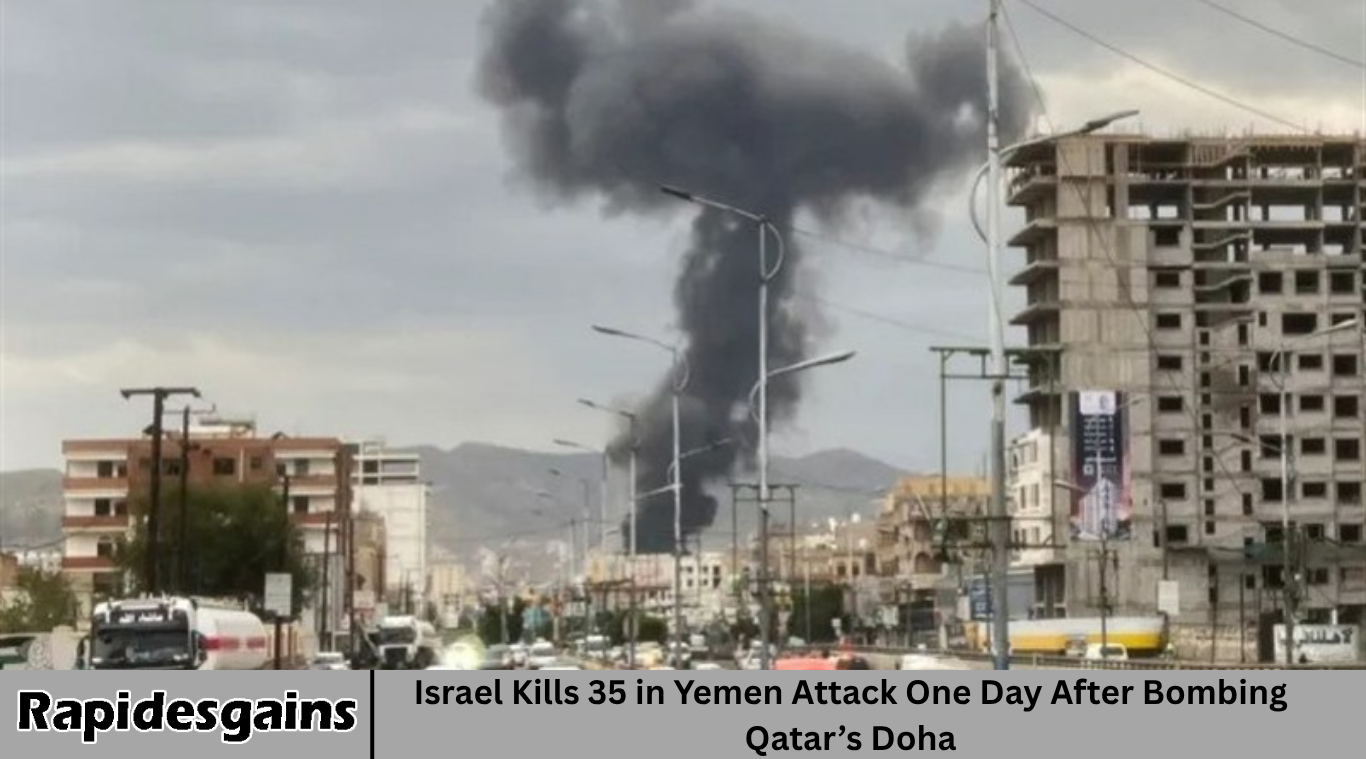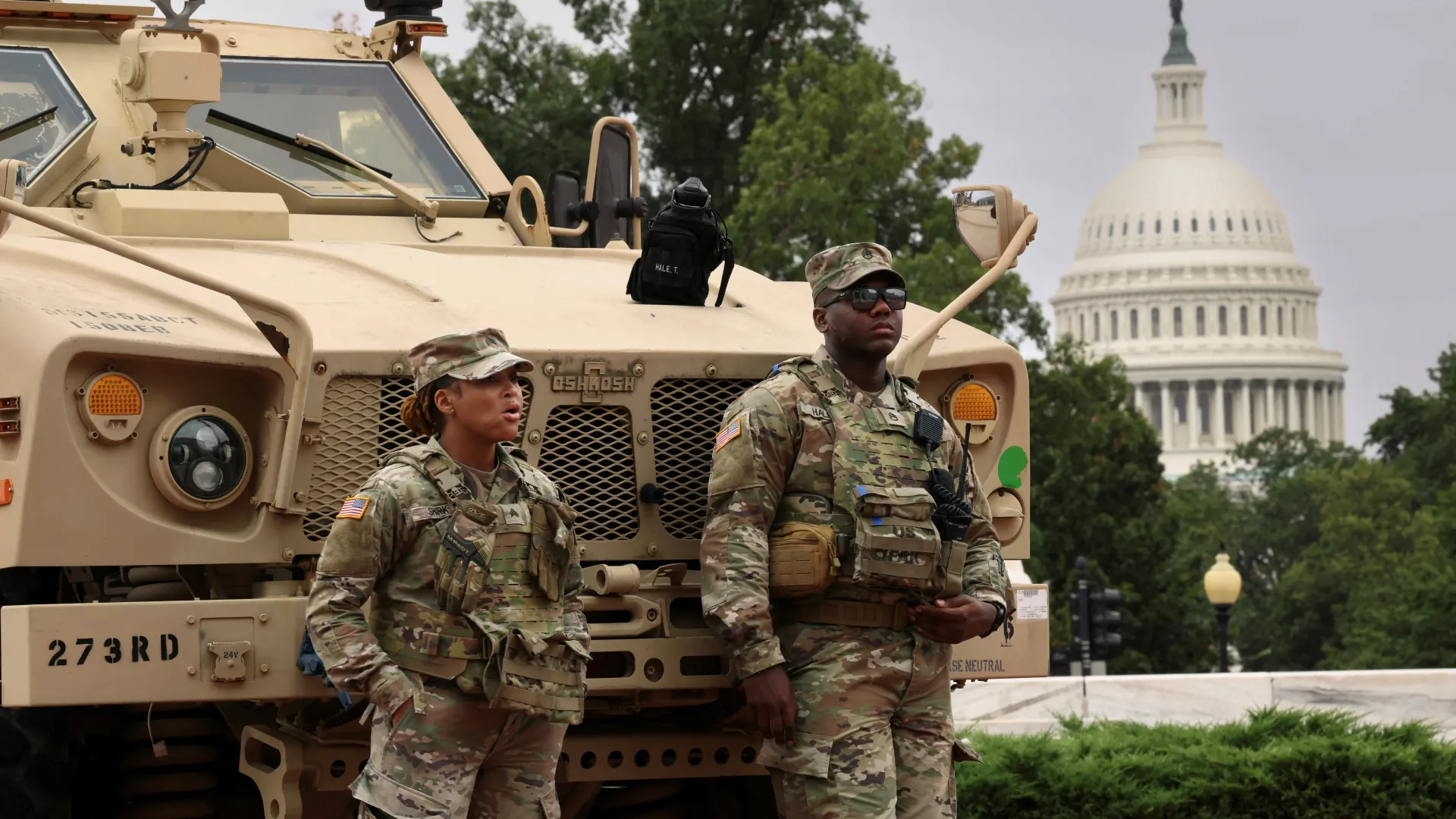A recent series of violent attacks in the Middle East has once again raised tensions in an already fragile region. Israel conducted a deadly strike in Yemen that resulted in the deaths of 35 people. This attack came just one day after an airstrike targeted Qatar’s capital, Doha. These events have escalated concerns about regional stability, the ongoing conflicts involving Israel, and the wider geopolitical consequences.
Details of the Yemen Attack
The Israeli attack in Yemen targeted a location believed to be linked to hostile forces. According to reports, the strike killed 35 individuals, many of whom were reportedly militants associated with groups opposed to Israel. This operation marks a significant escalation of Israeli military activities beyond its usual areas of operation.
The exact motivations behind the strike remain unclear, but Israel has often justified such attacks as necessary for its national security and efforts to counter threats from militant groups.
The Qatar Bombing Incident
Just one day before the Yemen strike, Qatar’s capital, Doha, experienced a bombing. The airstrike targeted a specific location within the city, causing damage and raising alarm across the region. Qatar is a key player in Middle Eastern politics and hosts many international organizations and diplomatic missions.
The attack on Doha was widely condemned and added to the rising tensions between Israel and various Middle Eastern countries. The bombing’s timing, so close to the Yemen strike, suggests a coordinated or linked series of operations.
Regional Implications of These Attacks
These attacks have increased fears of wider conflict in the Middle East. Yemen is already suffering from a devastating civil war, and the Israeli strike adds a new layer of complexity to the situation. Meanwhile, the bombing in Doha threatens the security of a major Gulf state and could destabilize diplomatic efforts.
The two incidents highlight the ongoing challenges in achieving peace and stability in the region, where multiple conflicts and rivalries intersect.
Israel’s Security Concerns and Military Strategy
Israel has long faced threats from various militant groups, some of which operate in neighboring countries and beyond. Its military strategy often includes preemptive strikes aimed at neutralizing perceived threats before they can materialize.
While these operations may enhance Israel’s security, they also risk escalating violence and causing civilian casualties. The attacks in Yemen and Qatar underline Israel’s willingness to act far beyond its borders in pursuit of its security objectives.
Responses from Regional and International Actors
The strikes have prompted reactions from many countries and organizations. Qatar condemned the bombing of Doha, calling it an act of aggression and a violation of its sovereignty. Yemen’s situation has drawn concern from humanitarian groups worried about the impact of further violence.
International actors, including the United Nations and major powers, have urged restraint and called for renewed diplomatic efforts to reduce tensions in the region.
The Human Cost of Escalating Conflict
The loss of 35 lives in Yemen is a tragic reminder of the human toll of ongoing conflicts. Civilians and combatants alike suffer from the violence, displacement, and insecurity that come with such attacks.
The broader pattern of military action risks deepening divisions and prolonging conflicts that have already caused immense suffering across the Middle East.
Pathways to Peace and Stability
Despite the challenges, many believe that diplomacy and dialogue remain essential to preventing further violence. Efforts to mediate between conflicting parties and address underlying grievances are critical.
The international community’s role in supporting peace initiatives and humanitarian aid is more important than ever to help the region recover and move toward stability.
Frequently Asked Questions
What happened in the recent Yemen attack?
Israel conducted an airstrike in Yemen that killed 35 people, many believed to be militants linked to hostile groups.
Why did Israel attack Yemen?
Israel says such strikes are necessary to protect its security by targeting groups it views as threats.
What was the bombing in Qatar about?
An airstrike targeted Doha, Qatar’s capital, causing concern about regional security and escalating tensions.
How are these two attacks connected?
Both attacks occurred within a day, suggesting a possible coordinated effort or related military strategy.
What has been the international response?
Many countries have condemned the attacks and called for restraint and peaceful resolution of conflicts.
How does this affect regional stability?
The attacks increase risks of wider conflict and complicate efforts to bring peace to the Middle East.
What can be done to reduce tensions?
Diplomacy, dialogue, and international support for peace initiatives are key to preventing further violence.
Conclusion
The recent Israeli attacks in Yemen and Qatar have heightened tensions and underscored the fragility of peace in the Middle East. As violence continues to claim lives and threaten security, the need for diplomatic solutions and international cooperation grows urgent. Addressing these conflicts with a focus on dialogue and mutual understanding is crucial for the future of the region.











